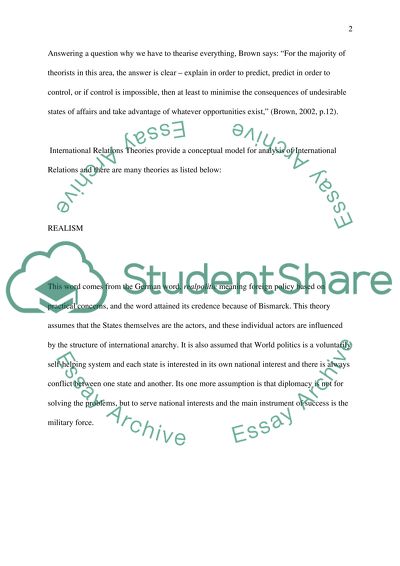Cite this document
(“Alexander Wendt Anarchy Theory Essay Example | Topics and Well Written Essays - 1750 words”, n.d.)
Alexander Wendt Anarchy Theory Essay Example | Topics and Well Written Essays - 1750 words. Retrieved from https://studentshare.org/philosophy/1508378-alexander-wendt-anarchy-theory
Alexander Wendt Anarchy Theory Essay Example | Topics and Well Written Essays - 1750 words. Retrieved from https://studentshare.org/philosophy/1508378-alexander-wendt-anarchy-theory
(Alexander Wendt Anarchy Theory Essay Example | Topics and Well Written Essays - 1750 Words)
Alexander Wendt Anarchy Theory Essay Example | Topics and Well Written Essays - 1750 Words. https://studentshare.org/philosophy/1508378-alexander-wendt-anarchy-theory.
Alexander Wendt Anarchy Theory Essay Example | Topics and Well Written Essays - 1750 Words. https://studentshare.org/philosophy/1508378-alexander-wendt-anarchy-theory.
“Alexander Wendt Anarchy Theory Essay Example | Topics and Well Written Essays - 1750 Words”, n.d. https://studentshare.org/philosophy/1508378-alexander-wendt-anarchy-theory.


